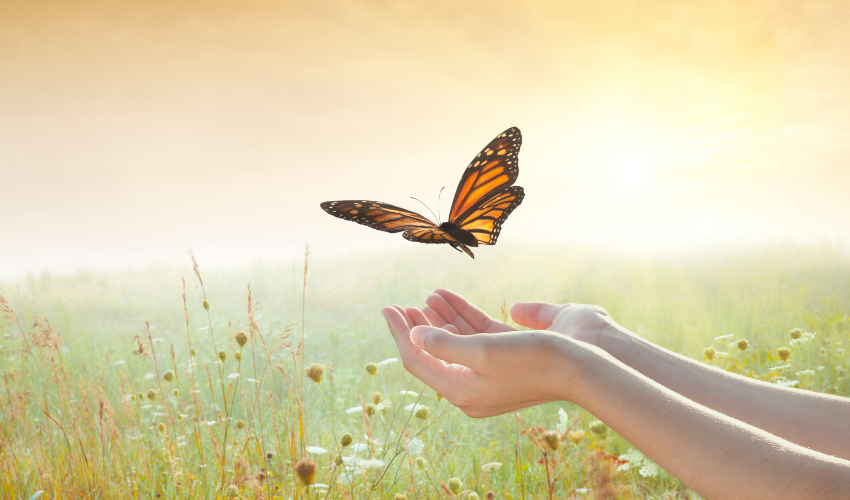On Friday, 30 August 2024, Grief Awareness Day recognises that the time it takes to heal from loss doesn’t have a prescribed course and it is a reminder that closure comes in many forms. When a loved one dies, the void they leave affects everyone differently.
Grief is a profound and multifaceted emotional response to loss, typically associated with the death of a loved one. It is a deeply personal experience, and how individuals grieve can vary widely depending on their personality, cultural background, and the nature of the loss.
Grief often involves a complex mix of emotions. Common feelings include sadness, anger, guilt, confusion, and even relief, depending on the circumstances surrounding the loss.
Coping with Grief
Coping with grief involves a range of strategies and support systems. Some people find comfort in:
-Support Networks: Talking to friends, family, or support groups can provide comfort and understanding. Sharing memories and feelings helps in processing the loss.
-Professional Help: Therapy or counselling can be beneficial, especially if grief becomes overwhelming or leads to prolonged distress. Therapists can provide strategies and a safe space to explore emotions.
-Self-Care: Taking care of one’s physical health, such as maintaining a balanced diet, getting regular exercise, and ensuring adequate rest, can support emotional well-being.
-Journaling and Creative Outlets: Writing, art, or other forms of self-expression can help individuals process their feelings and find meaning in their experiences.
-Cultural and Personal Variations: Grief is experienced and expressed differently across cultures and individuals. Cultural practices and beliefs can shape how people mourn and what rituals they observe. Personal factors, such as the nature of the relationship with the deceased and previous experiences with loss, also influence the grieving process.
The Journey of Grief
It’s important to recognize that grief does not have a set timeline. The process can take weeks, months, or even years, and it may resurface at different times. While it may never completely go away, over time, many people find that the intensity of their grief lessens and they are able to integrate their loss into their lives in a way that allows for healing and continued living.
Grief is a testament to the depth of human connection and the significance of loss. It can be a challenging journey, but it is also a process that can lead to greater self-awareness, resilience, and understanding of life’s fragility and beauty.
Resources:
Listen to the ‘Life Matters’ podcast, by ABC Radio National: ‘How does our cultural background shape the way we live with grief’ episode with Anita Isalska, author Lonely Planet’s Guide to Death, Grief and Rebirth, How global grieving customs can help us live (and die) well, Dr Rachel Menzies, clinical psychologist and research fellow at the University of Sydney and author of Mortals: How the fear of death shaped human society and Ryan Bowles, co-host of the Good Grief podcast.
Click HERE to listen.
Watch Ted Talk: Grief, memory, and caring for the dead by Dr Mary Ellen Macdonald. In this talk, Mary Ellen Macdonald addresses a subject that all of us have experienced at one time or another: grief and loss. Mary Ellen believes that when we offer compassion and respect to our loved ones as they pass from this world, we will find peace in our grieving as they find peace in death.
Mary Ellen Macdonald is an anthropologist who has been studying death and grief for two decades. She is a professor in Palliative Medicine at Dalhousie University where she holds the J & W Murphy Foundation Endowed Chair in Palliative Care. She is particularly passionate about understanding how communities care for their dead and support their grievers.
Click HERE to watch.
#GriefAwarenessDay


